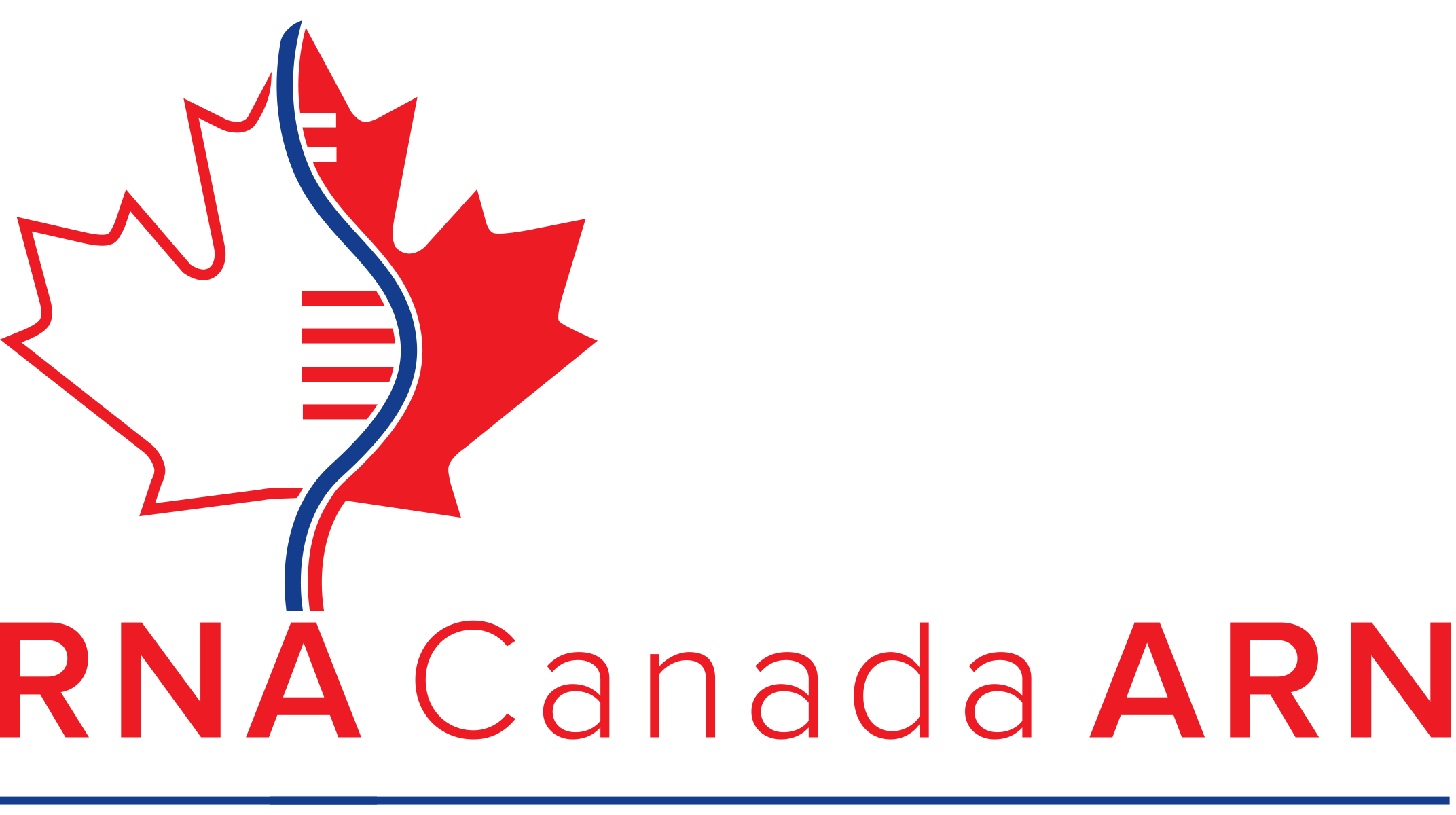Nominee: Poul Sorensen

Professor, PhD, MD, Johal Endowed Chair in Childhood Cancer Research at UBC
Brief Biosketch provided for the nominee:
Dr. Poul Sorensen, a native of Denmark, is a board-certified molecular pathologist and Professor of Pathology at the University of British Columbia (UBC) in Vancouver, Canada. He holds the Johal Endowed Chair in Childhood Cancer Research at UBC, and is a Distinguished Scientist at the BC Cancer Research Centre. Dr. Sorensen is an internationally renowned researcher in mRNA translation and the use of proteomic strategies to characterize cell stress pathways and surface targets that are deregulated in childhood and adult solid cancers, and the potential relevance of these pathways to metastatic capacity. His group has discovered many novel genetic alterations in childhood cancer, including the EWS-ERG fusion in Ewing sarcoma and the ETV6-NTRK3 fusion in infantile sarcomas and secretory breast carcinoma. In fact, his discovery of ETV6-NTRK3 is the first description of NTRK fusions as recurrent drivers in human tumors, now thought to occur in >25 different human tumor types and in ~1% of human malignancies, leading to the development and world-wide approval of NTRK inhibitors for clinical use. Current work focuses on how tumor cells adapt to stress of the tumor microenvironment, such as hypoxia and oxidative stress, and how such adaptation contributes to enhanced metastatic capacity.
Justification provided for the nominee:
Dr. Sorensen brings extensive expertise in translational medicine and the clinic to the Board of RNA Canada ARN. He is currently Director of the Academy of Translational Medicine, UBC, designed to explore how to shorten the timeline of delivery of bioinovations from the bench to the bedside. Dr. Sorensen is also co-founder of two companies (VAR2 Pharmaceuticals, DermBiome Pharmaceticals) and hold various patents, thus has led several team initiatives both in academia and industry. Dr. Sorensen holds several prestigious awards including Fellow, Royal Society of Canada, 2020 Aubrey Tingle Prize for translational medical research, 2019 Bloorm Burton Prize for health care innovation in Canada, and the 2016 Robert L. Noble Prize for outstanding achievement in basic biomedical cancer research in Canada.
Dr. Sorensen’s research work focuses on how tumor cells adapt to diverse stresses of the tumour microenvironment (TME), such as hypoxia and oxidative stress, and how these adaptive mechanisms contribute to enhanced metastatic capacity. His research team posits that selective mRNA translation under stress bestows tumour plasticity critical for context-specific expression of cytoprotective proteins that allow for tumour cell survival under conditions that could potentially cull pre-metastatic cells in the TME, in the circulation following intravasation into the bloodstream, or in new environments at distant metastatic sites. Examples include enhanced regulation of mRNA translation elongation under nutrient deprivation (Leprivier et al, Cell, 2013), translational control of HIF1alpha by the YB-1 RNA binding protein under hypoxia (El-Naggar et al, Cancer Cell, 2015), the role of G3BP1 mediated stress granule formation as a driver of sarcoma metastasis (Somasekharan et al, J Cell Biol, 2015), translational control of NRF2 expression under oxidative stress (El Naggar et al, EMBO Rep, 2019), and proteomic screening for suppressors of anoikis in sarcoma cells (Zhang et al, Cancer Discovery, 2021). Dr. Sorensen’s research utilizes a combination of biochemistry and molecular biology and approaches, polysome-seq, proteomics, RNAseq, and in vivo modeling for these studies.

